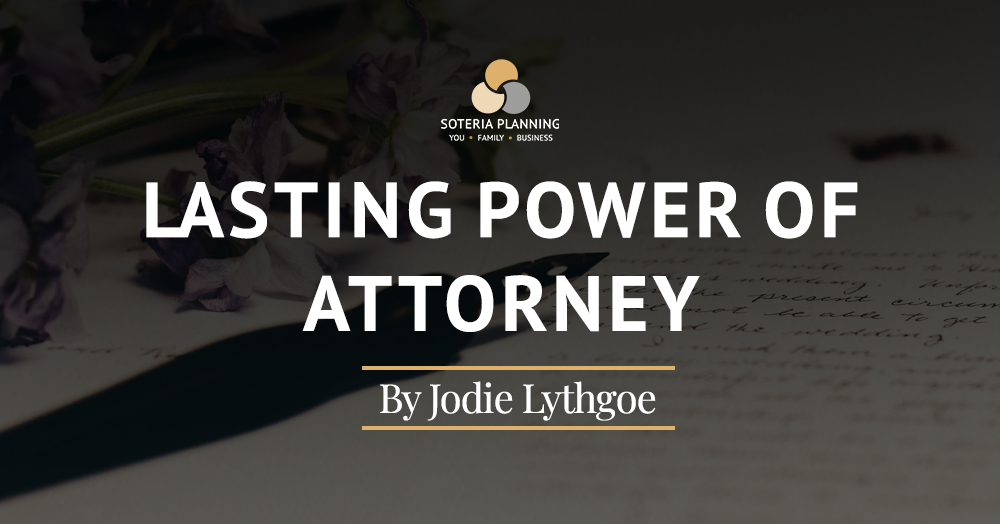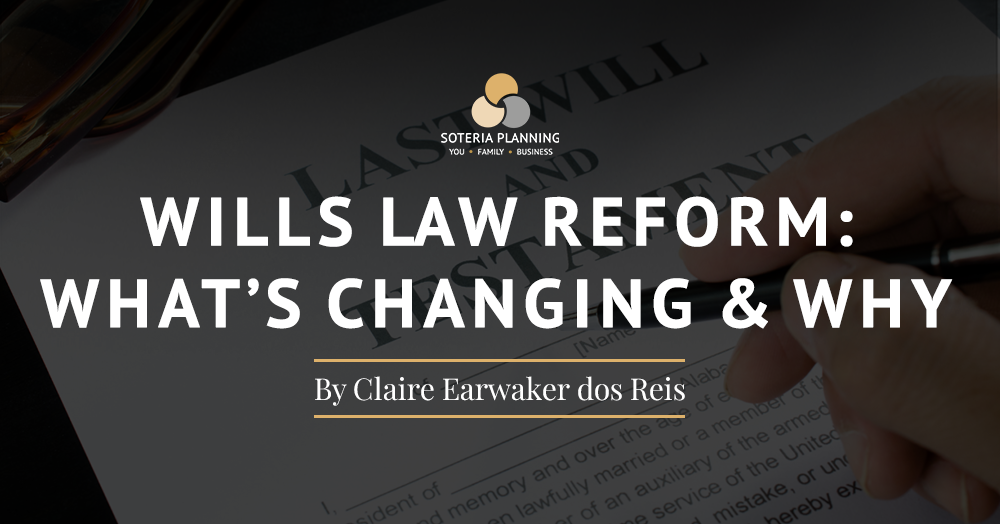Losing mental capacity can be a devastating experience not only for the individual but also for thei...
Losing mental capacity can be a devastating experience not only for the individual but also for their loved ones. It can be especially challenging when the person does not have a lasting power of attorney in place, and their spouse or family members have no access to their financial accounts.
Consider the story of John and Mary, a married couple who have been together for 30 years. John was a successful businessman and was always in charge of their finances. However, he started to show signs of forgetfulness and confusion, and soon after, he was diagnosed with dementia. As his condition worsened, Mary realized that they had not set up a lasting power of attorney, and she had no access to their finances.
John’s name was on the house, and all the bank accounts were in his name. Mary had no legal authority to access their accounts or make decisions on John’s behalf. She was left feeling powerless and frustrated, not knowing how to manage their finances or pay their bills. She was also concerned about John’s care and how they would pay for it.
Mary’s situation is not uncommon. Many couples do not consider the possibility of losing mental capacity and the importance of setting up a lasting power of attorney. It is essential to plan ahead and put these legal documents in place to avoid potential problems in the future.
A lasting power of attorney is a legal document that allows an individual (the donor) to appoint one or more people (attorneys) to make decisions on their behalf if they are unable to do so. The attorney can make decisions about finances, health, and welfare.
If John had set up a lasting power of attorney before he lost his mental capacity, Mary could have been appointed as his attorney. She would have had the legal authority to manage their finances, pay their bills, and make decisions about John’s care.
Without a lasting power of attorney in place, Mary had to apply for deputyship through the Court of Protection, which is a more time-consuming and expensive process. She had to provide evidence that she was the best person to manage John’s affairs and pay a fee for the application.
The situation could have been avoided if John and Mary had taken the time to set up a lasting power of attorney. It is essential to plan ahead and consider the possibility of losing mental capacity. It can happen to anyone at any time, and it is better to be prepared.
In conclusion, losing mental capacity can be a difficult experience for both the individual and their loved ones. It is important to plan ahead and put legal documents in place to avoid potential problems in the future. A lasting power of attorney can provide peace of mind and ensure that decisions can be made on behalf of the individual if they are unable to do so themselves. Don’t wait until it’s too late, take the necessary steps to protect yourself and your loved ones.
Jodie Lythgoe
Soteria Planning
07955 681 329



Share this with
Email
Facebook
Messenger
Twitter
Pinterest
LinkedIn
Copy this link